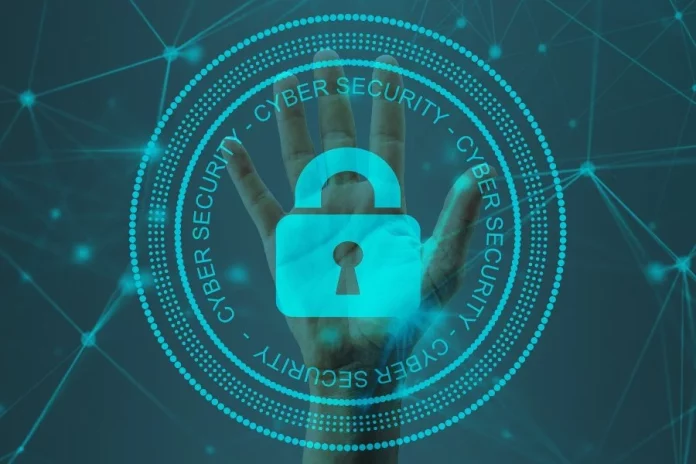For many years, AML verification has been an important safety measure for businesses of all kinds. In the past, it was necessary to conduct a thorough check on your employees and their personal information because of the risk of identity theft. Today, however, cybercrime is a much bigger threat: employees are still vulnerable to identity theft but now also risk being hacked or having their data stolen during online transactions. Conducting an AML verification check is one way that businesses can protect themselves against these threats while ensuring that customers’ data remains safe too.
What Is AML Verification?
Anti-money laundering (AML) verification is a process of checking the identity of a person or business to make sure they are not involved in any illegal activity. It’s done by a third party, who is usually a bank or other financial institution.
AML verifications help protect you from fraud and identity theft by confirming who you are when you use our services, such as when making payments or sending money abroad.
The AML process is part of our compliance with laws and regulations governing financial institutions. If you’re sending or receiving money internationally, we may ask you to provide additional information so that we can verify your identity.
Why Is It Important For A Business Of Any Type To Conduct AML verification?
AML verification is a key part of preventing money laundering and terrorism financing. It also plays an important role in preventing identity theft, fraud, cybercrimes and other crimes related to financial transactions.
In addition to these benefits for businesses that perform AML verification checks, there are also reasons why individuals may want to conduct them:
- To protect against identity theft by verifying personal information before sharing it with others online or over the phone;
- To prevent fraud by checking if any account numbers have been reported as stolen;
- To make sure that personal details are correct when applying for loans or credit cards so they can avoid being denied due to incorrect information on applications
How Can AML Checks Be Conducted?
AML checks can be conducted in a variety of ways, depending on the type of business or organization involved. For example, financial institutions are required to undertake AML checks when they open accounts for new customers. This is because they have access to large amounts of money and therefore pose a higher risk than other types of businesses do.
Financial regulators may also conduct their own checks on businesses that deal with high volumes of cash transactions–for example, casinos or pawn shops–and report any suspicious activity back to law enforcement agencies like Interpol (International Criminal Police Organization).
Businesses themselves may wish to perform their own due diligence on customers if they suspect that those individuals could be involved in money laundering activities; however, this should not replace any official verification process undertaken by an outside party such as a bank or law enforcement agency!
Is an AML Check Mandatory For Most Businesses?
The answer to this question depends on the type of business and country they are operating in. For example, if you are an international company selling goods or services online, then you may need to conduct AML checks on your customers. Likewise, if your company handles large volumes of cash or operates in high-risk industries such as gambling or drugs – then again it’s likely that AML checks will be required for all transactions involving money laundering activities.
However there are some exemptions from conducting these checks which include:
- Businesses with an annual turnover less than AUD$3 million (AUD);
- Non-profit organisations (NPOs); and
- Charities who have been granted charitable status by Australia Taxation Office (ATO)
Are There Any Risks Involved In Conducting AML Checks?
There are some risks involved in conducting AML checks. The first risk is to the business, not the customer. It’s important to remember that if you don’t conduct an AML check on a customer, they could take their money elsewhere and your reputation would suffer as a result of failing to follow best practice standards. The second risk is also to your reputation: if someone has committed fraud or terrorism financing through your platform, it could put you at risk of being associated with them (even if indirectly). This would harm both your business and its customers by damaging trust amongst those who use it regularly
In Today’s Modern, Technology-Driven World, It Is Our Responsibility To Fight Against Cybercrimes.
In today’s modern, technology-driven world, it is our responsibility to fight against cybercrimes. Cybercriminals are growing in number and sophistication. They can cause serious damage to people and businesses.
As a result of this growing threat, governments around the globe have taken steps towards fighting cybercrime by introducing new laws or strengthening existing ones so that they can effectively tackle this issue on a national level.
One such example of this is the introduction of GDPR in Europe. It was introduced to protect the privacy and personal data of individuals. The regulation also applies to companies that process data on behalf of other businesses, so it’s important for all organization working with data to be aware of this new law and ensure they comply with its requirements.
Conclusion
In conclusion, AML verification is an important safety step that is used to combat cyberattacks. The procedure of identifying and authenticating consumers not only helps companies lower their risk of becoming victims of cybercrime but also protects the personal information of those institutions’ customers.












